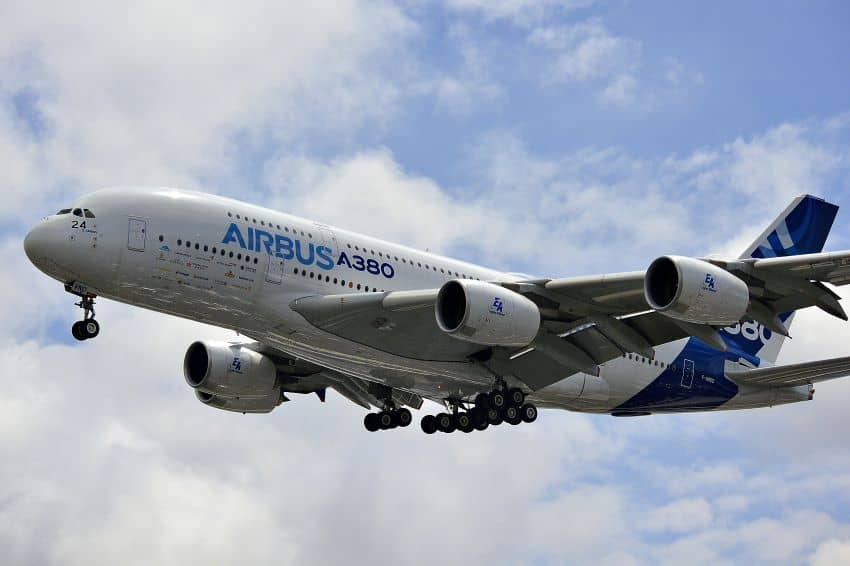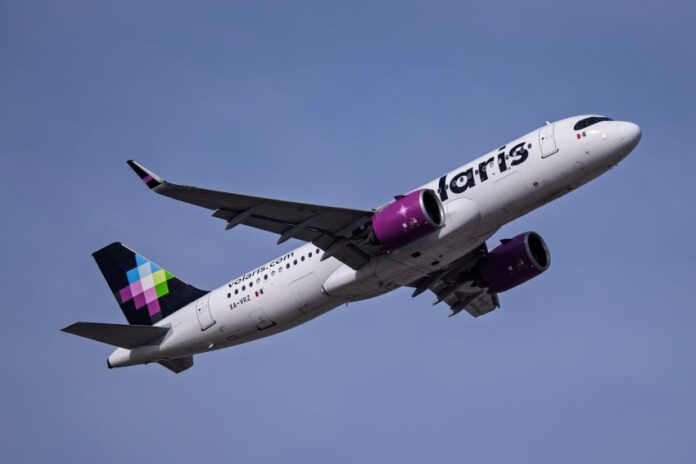Airbus and Mexican airline Volaris have established a strategic alliance to support the development and adoption of sustainable aviation fuels (SAF) in Mexico, marking a milestone for sustainability in Latin America’s air travel industry.
“This initiative supports our environmental objectives and our participation in broader international decarbonization efforts,” Volaris said in a statement.

In a Letter of Intent (Lol) presented during the International Civil Aviation Organization’s (ICAO) 2025 Climate and Aviation Week, the low-cost airline agreed to contribute to the ICAO’s Voluntary Environment Fund to support a feasibility study for sustainable aviation fuel production in Mexico. The study will be conducted through the SAF Assistance, Capacity Building and Training Program (ACT-SAF) in collaboration with the Federal Civil Aeronautics Administration (AFAC) and Airports and Auxiliary Services (ASA).
Airbus and ICAO have previously announced feasibility studies for Argentina, Panama and Peru.
The ICAO ACT-SAF program assists countries in developing their SAF implementation potential, including reviewing policy and regulatory frameworks, assessing raw materials and pathways for SAF production, and providing support for implementation and financing.
“Through this collaboration, we aim to support the country in achieving the necessary conditions for SAF deployment,” Airbus executives said.
SAF is an alternative to petroleum jet fuel. It’s produced from agricultural and waste feedstocks and is consumed in blends with petroleum jet fuel. In the United States, investments in SAF have increased because of the U.S. Environmental Protection Agency’s Renewable Fuel Standard (RFS) and state and federal tax credits incentivizing the use of the fuel.
On November 28, 2023, Virgin Atlantic flight VS100 completed the world’s first transatlantic flight powered by 100% SAF. The Boeing 787 made the 7 hours and 16-minute flight from London Heathrow to New York (JFK) using a SAF blend of 88% hydro-processed esters and fatty acids (HEFA) supplied by Air BP and 12% synthetic aromatic kerosene (SAK).
Also in November 2023, Emirates Airlines in Dubai conducted a demonstration flight with an Airbus A380. One of its four engines was completely fueled with SAF.
To date, over 450,000 flights have taken off using a mix of SAF and traditional fuels, and more than 50 airlines around the world have introduced SAF in their operations.
With reports from Mexico Business Now and A21
